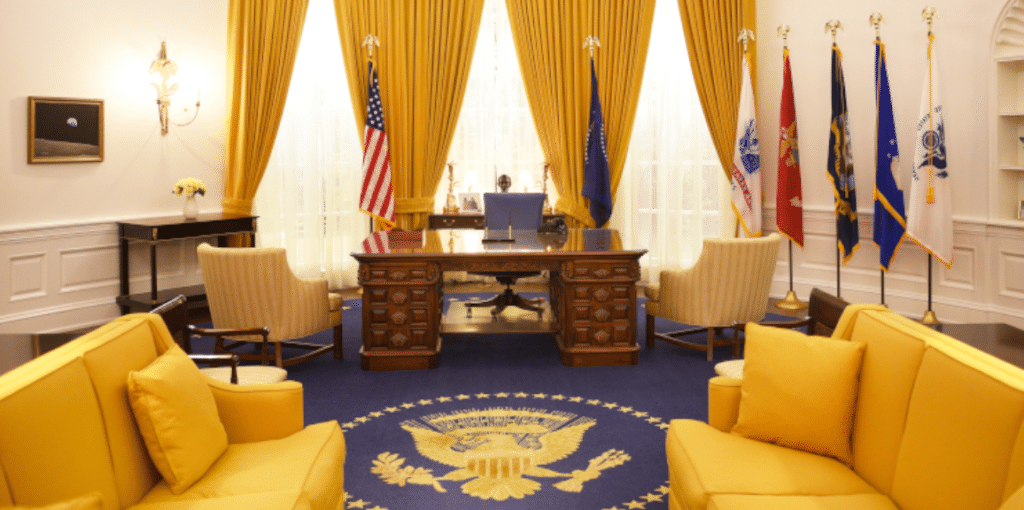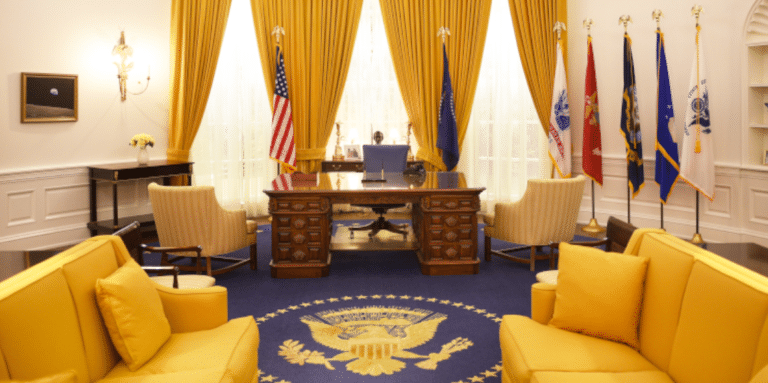President Joe Biden was inaugurated and began his presidency on January 20, 2021. He was officially sworn into office along with Kamala Harris, the new vice president.
Biden will step into the presidency during a time of severe crisis for the country. With people experiencing record unemployment levels and economic hardship, many people are wondering what Biden’s positions are for financial relief, especially when it comes to student loan forbearance and cancellation.
Here’s what we know now about Biden’s plans for handling the student loan debt crisis.
Biden extends the CARES Act student loan protections to 9/30/21
The Coronavirus Aid, Relief, and Economic Security (CARES) Act was passed and signed into law by President Donald Trump in March 2020. The CARES Act suspended federal student loan payments, halted collections efforts, and set student loan interest rates at 0%.
Originally set to expire in September, Trump extended the CARES Act through the end of 2020, and the CARES Act’s protections were then extended again. Most recently, the payment suspension and interest waiver was set to expire on January 31, 2021.
However, President Joe Biden made an immediate update to this deadline on his first day in office.
After his inauguration was complete, Biden immediately requested the U.S. Department of Education to further extend the pause on federal student loans.
With Biden’s help, the freeze on federal student loan payments and interest will continue through September 30, 2021.
That means, if you have qualifying federal student loans, you won’t have any new bills or interest costs until after October 1, 2021.
President Joe Biden on Student Loan Debt: His Current Plans
Joe Biden differs a great deal from Donald Trump on student loan debt. Biden’s agenda for issues affecting students includes the following proposals:
1. Free community college or training programs
Under Biden’s proposal, students could attend two years of community college or another high-quality training program for free. This plan would allow students to earn credentials or learn a trade without taking on student loan debt. For many, this idea could be a path to a better income — without having to take on substantial debt to pay for a college education.
2. Four-year public universities free some students
One of the most significant changes Biden proposed is free college tuition for some students. His plan would allow students to attend public four-year colleges and universities at no cost if their family income was under $125,000.
3. Reduced payments for borrowers on income-driven repayment plans
The current income-driven repayment (IDR) plans can be complex, with differing payment calculations and repayment terms.
Biden proposes changing the IDR system. Under his plan, payments would be just 5% of borrowers’ discretionary incomes. If borrowers still had a loan balance after 20 years of making payments, the remaining balance would be forgiven.
Rather than having to apply for an IDR plan, borrowers would be automatically enrolled. For those who make under $25,000, no payments would be due, and no interest would accrue.
4. Changes to loan forgiveness programs
With the current PSLF rules, borrowers can qualify for loan forgiveness only after they’ve worked for 10 years for an eligible employer and made 120 monthly payments.
By contrast, Biden’s proposed changes would give borrowers $10,000 of loan forgiveness for each year of their service, up to a maximum of $50,000.
Is student loan forgiveness possible in 2021?
So far, Biden has not made any public announcement of plans for student loan forgiveness for 2021. However, many Democrats have been pushing for him to use executive action to provide borrowers with up to $50,000 in loan forgiveness.
There has been discussion of the possibility of $10,000 in cancellation of qualifying federal student loan, which Biden may put to Congress. Biden has also shown support for an act that would have the government paying off up to $10,000 in private student loans for economically distressed borrowers.
Managing your student loans
While Joe Biden has suggested major overhauls to the student loan system, nothing is yet definite. While he may use executive action to make some changes for student loans, it’s unlikely that he will make all of the changes he’s proposed so far with that method. He will likely face significant opposition from Republicans and banking industry leaders, so it could be months before the changes come to fruition, if they occur at all.
What does that mean for you? If you have federal student loans, the CARES Act is scheduled to expire on September 30, 2021. It may be extended, but it’s a good idea to plan for the worst and assume it won’t be so that you’re prepared. If you can’t afford your payments, consider applying for loan forbearance or deferment, or enroll in an income-driven repayment plan if you’re currently on a standard repayment plan.
If you have private student loans, contact your lender to see if there are alternative repayment options available. Or, consider refinancing your student loans. With refinancing, you could lower your monthly payment and get a lower interest rate, helping you save money over the life of your loans.
Use Purefy’s Compare Rates tool to find the best student loan refinancing rates.
















